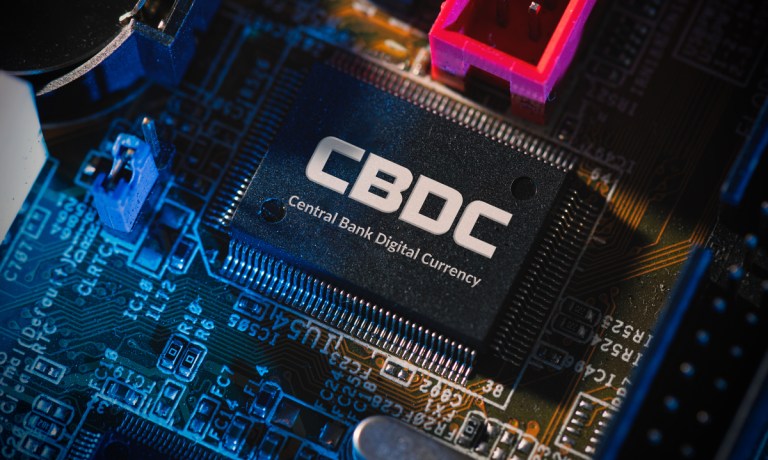eCurrency Mint and CMA Form RTGS/CBDC Partnership

eCurrency Mint has joined forces with financial markets solutions provider CMA.
The partnership, announced Monday (June 26), will provide customers with an integrated real-time gross settlement (RTGS) and central bank digital currency (CBDC) solution.
“This collaboration operationalizes CBDC allowing seamless support for commercial banks and other intermediaries to access currency in both physical and digital form,” the companies said in a news release.
According to the release, the partnership gives central banks “a secure and efficient infrastructure” to issue and redeem digital currency minted by central banks. This currency, the companies said, supports the currency management processes used to issue and distribute notes and coins.
The RTGS system, meanwhile, is the mechanism used by intermediary banks to order currency and to uphold other joint operations in conjunction with CBDC infrastructure.
“With this partnership we shift to operationalizing CBDC,” said Jonathan Dharmapalan, eCurrency’s chief executive.
“The key is for current central bank processes and systems to work seamlessly with our CBDC platform. CMA’s RTGS plays a vital role for central banks as does eCurrency’s CBDC solution, therefore it is crucial that the two systems are tightly integrated.”
As PYMNTS reported earlier this year, the use of RTGS has factored into the British government’s debate over whether to launch a retail CBDC by the end of the decade.
That’s because most of the benefits of a wholesale CBDC are already provided by the Bank of England’s RTGS omnibus account, which facilitates wholesale payments settlement in central bank money. The RTGS technical architecture includes the ability for a CBDC to be layered into its system if the central bank so chooses.
The CMA/eCurrency partnership comes as a number of countries around the world are developing CBDCs.
As noted here last week, International Monetary Fund Managing Director Kristalina Georgieva says at least 10 central banks are “already crossing the finish line” on issuing a national digital currency, although there is “a lot that is still not decided” when it comes to organizing and regulating CBDCs.
In all, the central banks in upwards of 100 countries are exploring what their own CBDC might look like, while each of the G7 economies has moved past the research phase of a CBDC to developing the digital currencies or launching concrete pilots.